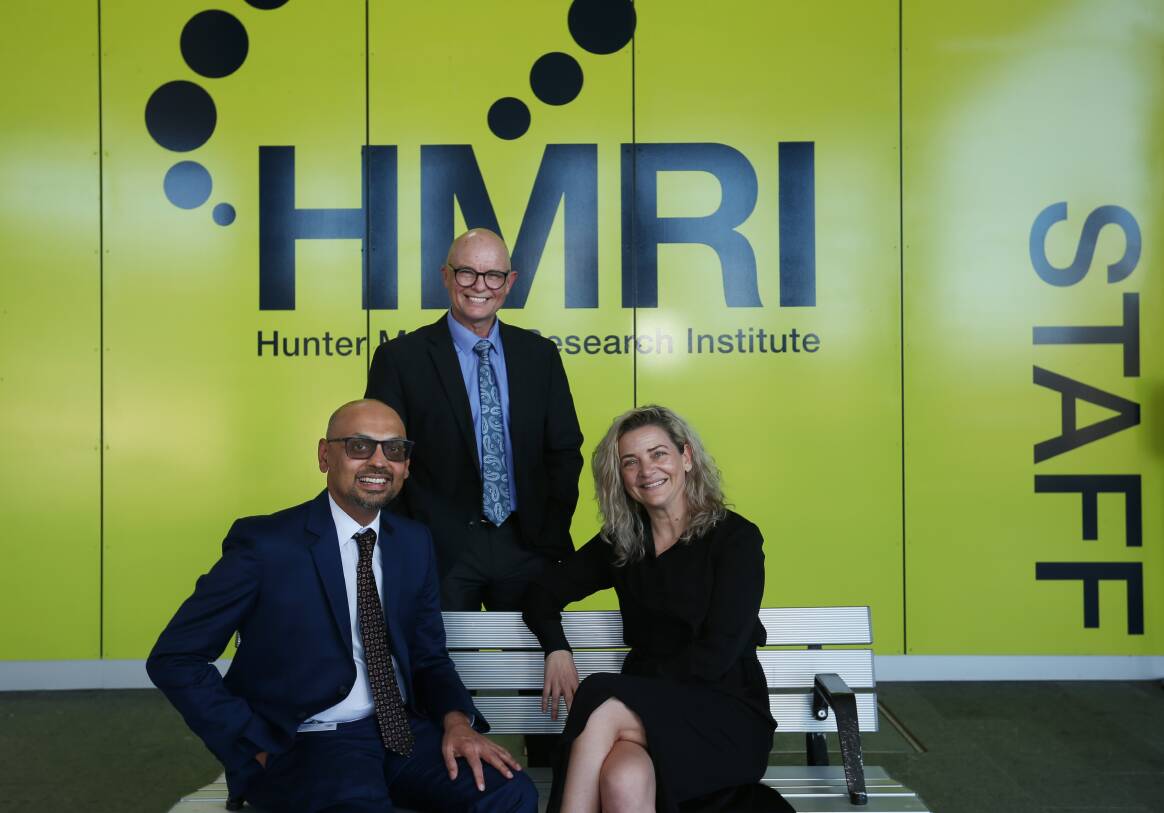
A RECORD $12.4 million investment in Hunter diabetes care and research will help fund a "clinic on wheels" to take specialist care to those who need it most.
Hunter Medical Research Institute (HMRI) has announced a five-year program - worth more than $12 million - will support the creation of a "medibus" to remove some of the obstacles for diabetes care in rural and regional areas, as well as fund further research.
The Colonial Foundation has funded the first stage of the $12.4 million "scale-up".
HMRI director Frances Kay-Lambkin said the funding is the "largest investment" in research and translation in the history of the institute, and together with the University of Newcastle, Hunter New England Health, and the Hunter and Central Coast Primary Health Network, an enhanced "Diabetes Alliance Program" - dubbed DAP+ - will help improve the health outcomes of those living with diabetes in the region.
"One in 10 people in the Hunter New England region have diabetes, and over half of these haven't even yet been diagnosed," Professor Kay-Lambkin said. "In remote areas across Australia... diabetes-related preventable hospital admissions are 12-times more likely than they are in major metropolitan centres.
"Diabetes rates are alarmingly three times higher among our Aboriginal and Torres Strait Islander peoples... We need to change this situation."
Unmanaged, the progression of diabetes leads to higher rates of heart attack, amputations, strokes, kidney failure, blindness and premature death.
The incidence of diabetes in adults in the Hunter New England and Central Coast is higher than the state average. But Associate Professor Sham Acharya - of Hunter New England Health and the University of Newcastle - said while there was much work to be done, he hoped the investment in expanding this program would mean the region would become one of the "best places" to have diabetes.
"The funding will make it easier for us to take our specialists teams into every aspect of our district," Prof Acharya, who has driven the existing program for the past five years, said. "Historically, they have not had easy access to specialist care, and I'm pleased that we might be able to support that better, so their lives get better."
Professor Chris Levi, the director of the John Hunter Health and Innovation Precinct, said this "generous gift" to HMRI would support the next stage of Diabetes Alliance Program. As well as helping to fund a medibus to deliver better care to rural and remote communities, an investment in aged care, physical activity and nutrition research would help generate the "new knowledge" needed.
WHAT DO YOU THINK? We've made it a whole lot easier for you to have your say. Our new comment platform requires only one log-in to access articles and to join the discussion on the Newcastle Herald website. Find out how to register so you can enjoy civil, friendly and engaging discussions. Sign up for a subscription here.







